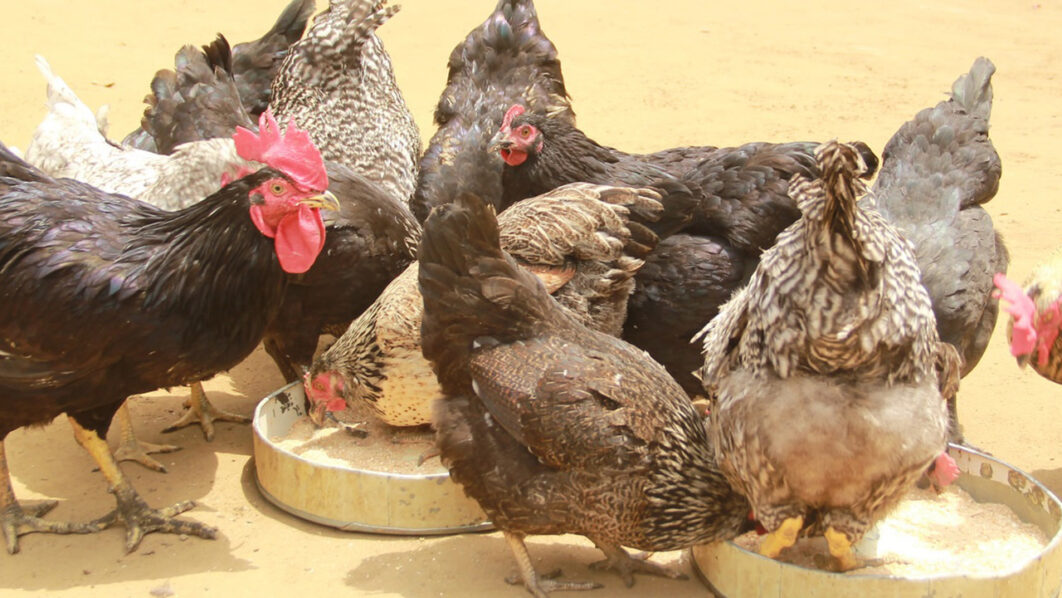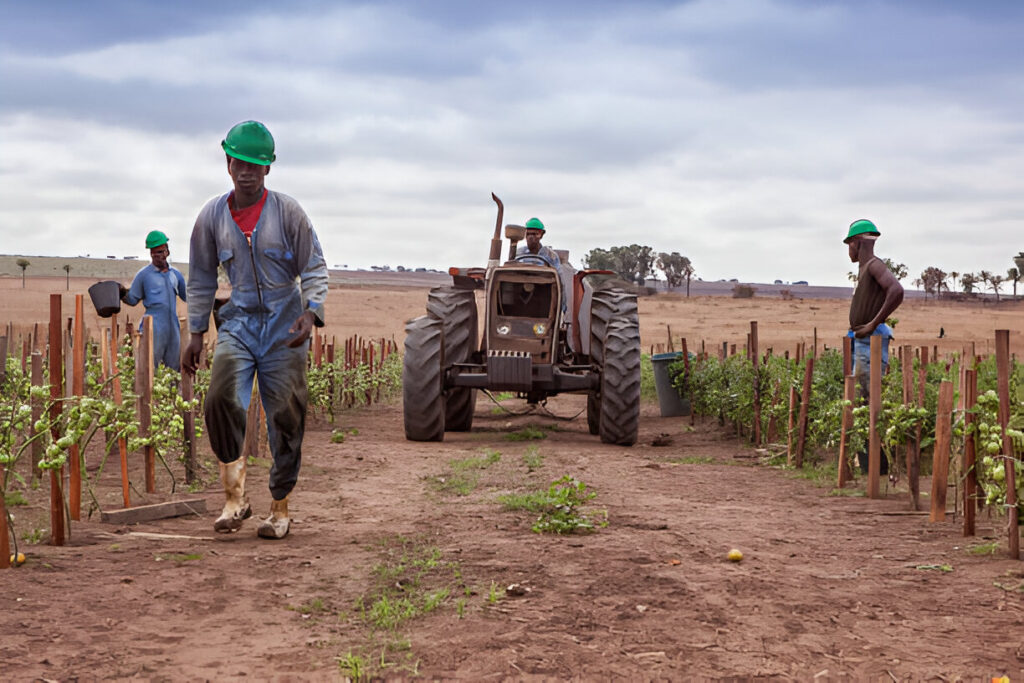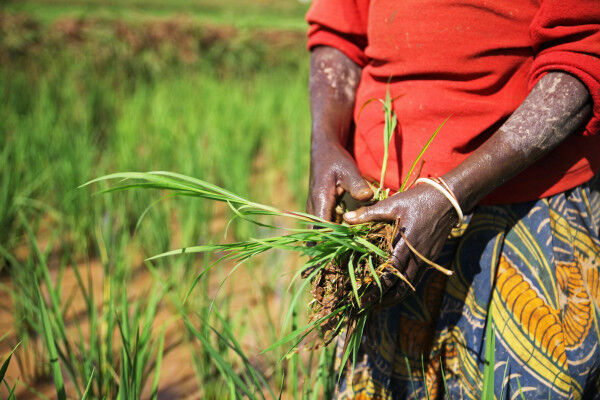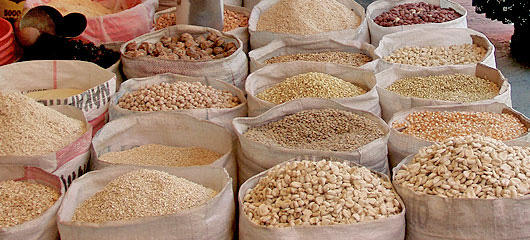
At a time like this, when high cost of feed, dwindling purchasing power and other challenges are forcing many poultry farmers out of business; there is a new vista of hope for ‘chicken lovers’ and potential farmers willing to venture into rearing of birds.
Local breed or dual purpose chickens (chickens raised for its meat and eggs) farming seems to be the new goldmine for livestock farmers, as it possesses the potential of creating fortune for farmers, with little or no hassle.
This type of farming involves relatively low-capital, sustainable practice and utilises readily available resources and can be a profitable venture, especially for small-scale farmers.
Indigenous or local chicken farming refers to the practice of rearing native chicken breeds in a particular area. Compared to the broilers, layers and other types of hybrid species, indigenous chicken breeds have benefits of adapting to local environments, high resistant rate to diseases and can survive in harsh conditions. They also produce high-quality meat and eggs, which are in high demand.
Some of the common breeds include Kuroiler, Kenbro, Rainbow Rooster, and Sasso. One feature that is common to these breeds is that they have good body conformation, and are free from deformities, injuries, and diseases.
The Guardian learnt that while the ideal temperature range for this kind of farming is between 15°C and 30°C, the recommended space per chicken in a chicken house is 0.2-0.3 square meters, while the recommended lighting required should be at least between 12 to 14 hours of light per day.
In a normal setting, it is recommended that the indigenous chickens be fed twice daily, which should include a balanced diet of carbohydrates, proteins, vitamins, and minerals, with clean, fresh water at all times.
It was learnt that not all the farmers rear the local chickens in an enclosed place, in some cases they are reared in a free-ranged system. In this situation, it reduces the cost of feeding on the part of the farmers, as the chickens are allowed to scavenge for food in their surroundings, requiring minimal capital investment.
One of the operators of this kind of poultry farming in Eleyele, Ibadan, Oyo State, Mr. Caleb Joseph, said the low capital input benefit of the system is driving many people into the poultry farming currently, as the birds are kept on free range and are usually left to search for their food in the day.
He said: “The other advantage is that we have the latitude to mix our own feed using locally available carbohydrate and protein sources, such as maize, wheat, soybeans, bran, along with fruits. On the housing, aside those who plan to put them in an enclosed place, no special attention for shelter, food or disease control is required.
“Unlike the hybrid chicken breed that needs a lot of intensive care and expertise, local chickens are not stressful and demanding to rear. Anyone willing to start the type of farming can begin with a small number of birds to gain experience and learn the ropes.”
Comparing the start-up and production cost, it was learnt that local chickens are more profitable. In addition, it also enjoys patronage as some people prefer it to the hybrid chickens and often in high demand in some areas and currently cheaper to other breeds.
According to market survey, currently, matured local chickens are sold for between N12, 000 and N15, 000 in Lagos, depending on the area, while in Ogun and Oyo states, the same size sells for between N10, 000 and N13, 000.
Another farmer living at Mowe area of Ogun State, Mrs Funmilayo Olukuewu, attested to the profitability of the local chickens breed, noting that she is currently enjoying good patronage daily, as many Nigerians could no longer afford the hybrid chickens, which have practically gone beyond the reach of the common man.
“Aside selling them for meat, I also sell their eggs. An indigenous chicken can lay up to 200 eggs per year; this is additional profit because they do not require special feed for laying like the hybrid breeds that require layers mach to lay. Indigenous chickens typically start laying eggs at around five to six months of age.”
She encourage Nigerians to embrace this form of poultry farming as a side hustle, as it will not provide extra income, but will also serve as source of meat and eggs in their homes.






